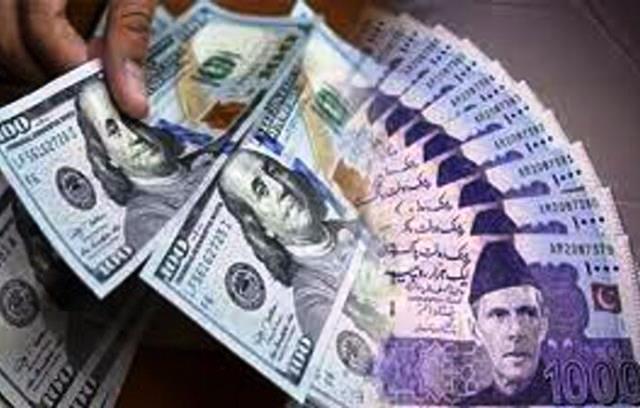Pakistan’s total debt and liabilities spiked by Pakistani Rupees (Rs) 12 trillion or 23.7 percent in the first quarter of the current fiscal year, the loan trance from the International Monetary Fund and the devaluation of the rupee pushed the numbers up significantly, The News International reported citing analysts.
In the fiscal year, 2022-2023, in July-September the debt and liabilities stood at Rs 62.46 trillion which is more than the same period of last fiscal year, accounting for Rs 50.49 trillion.
The country’s debt rose 24.7 percent to Rs59.37 trillion, while total liabilities increased 23 percent to Rs3.56 trillion.
Fahad Rauf, head of research at Ismail Iqbal Securities said the increase in the debt was mainly by external sources. “Mostly the IMF [International Monetary Fund] loan tranche of USD 1.2 billion and the impact of the rupee depreciation on overall external debt.”
The government’s domestic debt increased by 18.7 percent to Rs 31.40 trillion. The foreign debt stood at Rs 17.99 trillion in July-September FY2023, 30.2 percent up from a year earlier, according to the figures from the State Bank of Pakistan (SBP), according to The News International.
Total external debt and liabilities jumped 33.4 percent to Rs 28.94 trillion.
“Managing debt obligations is one of the biggest challenges facing the government,” said Mustafa Mustansir, head of research at Taurus Securities.
However, there are concerns about the conclusion of the ninth review of the IMF’s bailout package.
Although the date has not yet been set, the IMF staff mission is anticipated in Islamabad by the end of this month because the Fund needs Pakistan to make necessary modifications first.
The government is requesting some exceptions on performance criteria due to flood losses and the Fund’s insistence on maintaining the agreed tax-to-GDP ratio of at least 11 percent.
The delay in the IMF’s review is making foreign investors more anxious, reported The News International.
Meanwhile, Pakistan’s risk of default, measured through the five-year currency default swap (CDS) index, on Monday increased by 4.2 percentage points reaching a new high at 64.2 percent. The development indicates that Pakistan did not have the resources to make the growing import payments and foreign debt repayments in time, The Express Tribune reported.
Pakistan is due to repay USD 1 billion against a five-year Sukuk (Shariah-compliant bond) which is scheduled to mature on December 5, 2022. According to Topline Research, the yield (rate of return) on the Sukuk increased by 964 basis points in a day to 69.96 percent. The increase in the yield is hinting that investors were thinking that Pakistan might default on the $1 billion Sukuk.
State Bank of Pakistan (SBP) Governor Jameel Ahmad has said that Pakistan had foreign exchange reserves of “over USD 9 billion, which are more than enough” for paying imports and repaying foreign debt.
The five-year CDS indicated a high risk of default after Pakistan announced that Saudi Arabia’s Crown Prince Mohammad bin Salman had postponed his visit to Islamabad, as per reported by The News International. (ANI)
Read More: http://13.232.95.176/

